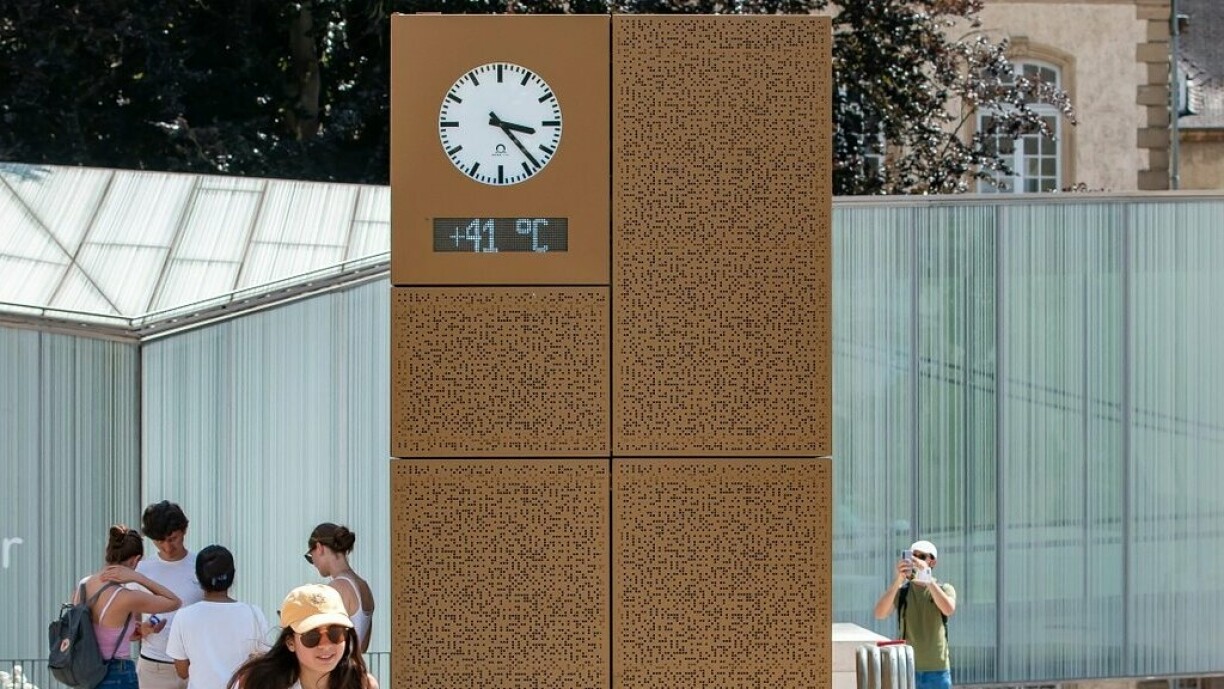
As wars dominate headlines, the climate crisis fades into the background – but ignoring it could cost far more lives than any current conflict.
In 2024, a report by non-profit organisation Armed Conflict Location and Event Data revealed that an estimated 233,000 people lost their lives due to war that year – a 30% increase compared to 2023. This is an enormous number and should not be taken lightly.
However, a report published that same year by the World Economic Forum estimated that “by 2050 climate change may cause an additional 14.5 million deaths worldwide”. If you do the math and see that if, by 2050, an average of 233,000 people (which is an outlier) lose their lives to wars every year for the next 25 years, then a staggering 5.8 million people will die.
Unfortunately, that number is nowhere near the 14.5 million estimated by the World Economic Forum.
On Tuesday, the UN said that the world will have to get used to heatwaves, which only reinforces how urgent the climate threat has become. Yet, even as this reality settles in, public and political focus remain diverted by conflicts, risking inaction on a slower but deadlier threat.
We’re no longer talking about the distant future, this is taking its toll now. Not once in all of my school career in Luxembourg were schools shut due to heat, we had one snow day and that was it! People might say that they’ve experienced this kind of heat in the country before, but it’s only the start of July and the summer is still very young.
You can’t tell me that the number of wildfires in the past 12 months is normal and that it’s happened before. It’s a global disaster that everybody is aware of, but public concern is still catching up to the reality.
My generation didn’t grow up worrying about whether it was safe to play outside in the summer. But that’s changing fast. We’re being told to accept a world of heatwaves, wildfires, and climate-related deaths as the new normal – and too many people seem to be going along with it.
In the circles I move in, the Gaza and Ukraine wars come up frequently, but the climate crisis rarely does. We all know it’s happening, yet we do very little to take real action. It’s a problem many of us feel is out of our hands and should be handled by governments – but like the media, they have their focus elsewhere.
Time and time again COP events fail to meet expectations, and with certain political figures continuing to prioritise fossil fuel extraction (the orange man across the pond...), the future looks bleak. This isn’t necessarily a call to overthrow governments; Luxembourg, in particular, has increased its climate expenditure in recent years and is making strides.
Instead, this is a plea for a shift in public consciousness and awareness. We need to internalise the gravity of what is unfolding. Accepting a future of heatwaves, wildfires, and climate-related deaths should not be a passive inevitability.
So talk about it – with friends, family, in school, online. Make those small changes to your daily lives if you can, take public transport more often, eat less meat, reduce your energy use, or support businesses that are trying to be more sustainable. These things might feel small, but they add up.
Most importantly, they show that we care – and that we’re paying attention. Some argue that personal choices won’t change the big picture, but major shifts often start with culture. Think about how attitudes around smoking, recycling, or even seat belts changed over time.